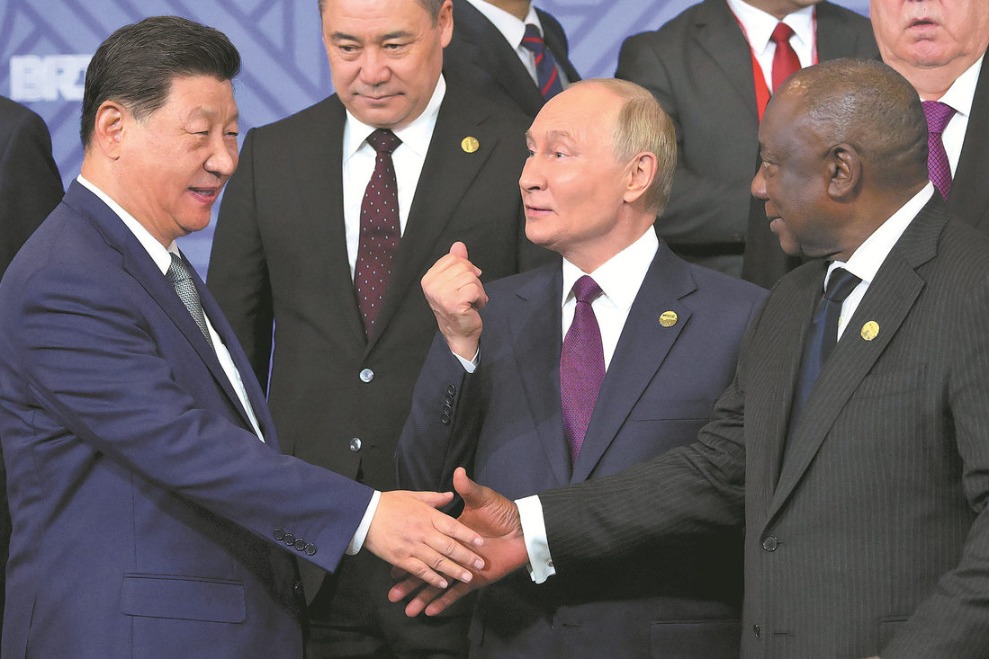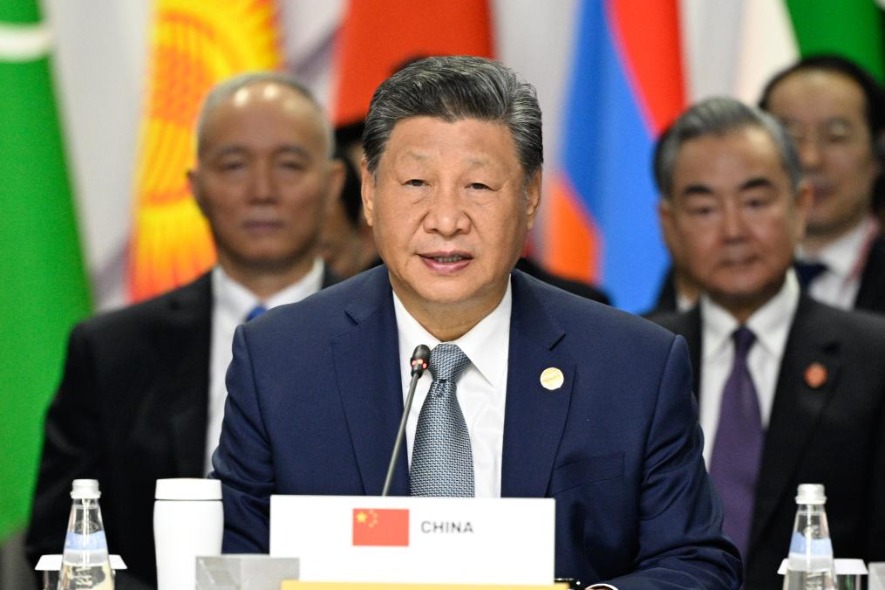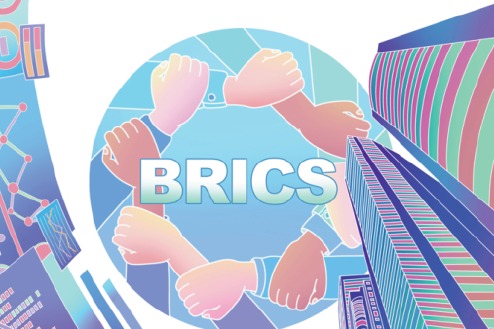TikTok ban will deal a heavy blow to US reputation


The US administration's decision to ban-or move designed to force ByteDance to sell-the massively popular video-sharing app TikTok will likely reduce the revenue of the Beijing-based company, but it will also inflict huge damage on US soft power, which has been declining at a fast pace over the past three years.
The United States' move violates multiple principles, including the rule of law, free market norms and fair competition, to name just a few, principles that US politicians like to tout and lecture other nations on.
As if these violations were not enough, the US president claimed that the US government should take a big cut from the price "because we're making it possible". No wonder "looting", "robbery", "mafia" and "gangsterism" are some of the words commentators have used to describe the US' decision.
So far, the US' allegation that TikTok poses a threat to national security and data safety is at best speculative. That is why even Scott Morrison, prime minister of Australia, a close US ally, said on Wednesday that Canberra has had a "good look" at the question whether to ban apps such as TikTok and concluded there was "no reason for us to restrict those applications at this point".
James Lewis, a cybersecurity expert at the Center for Strategic and International Studies who often spreads fear about China, said he was alarmed by the US' decision to ban an app that is popular among teenagers and full of comedic videos and cooking instructions. He told tech news website The Verge that it would be a legal challenge for the White House to take such action against TikTok.
It's not the first time the US administration has violated globally accepted rules and norms. The US' persecution of Chinese telecom giant Huawei and ZTE, especially banning Huawei from its 5G network, was much more vicious because that was an abuse of its economic and financial power and an example of how it tries to browbeat other countries.
But whenever the US uses such coercive power, it loses some of its soft power and global leadership.
Joseph Nye, a professor at Harvard University and an expert on soft power, has described soft power as the ability to get what you want by attracting other countries rather than using the carrot and stick policy. He called the current US president the least moral of the 14 presidents he has studied as well as the one that has reduced US soft power the most.
Nye was mainly referring to the world order and organizations that the US has been trying to destroy for the past three years and a half by, for instance, withdrawing from the Paris climate accord, Iran nuclear deal, and the World Health Organization amid the COVID-19 pandemic.
Various opinion polls and Portland Soft Power 30 index have shown that the US' soft power has declined in the past few years. A Gallup poll released on July 27 showed that the global approval rating for the US leadership has hovered around 30-33 percent since 2017-19 while disapproval rating has been around 40-43 percent, the worst at least since 2007.
Europe, long regarded as a key US ally, is where the image of US leadership fared the worst, with only 24 percent median approval rating compared with 61 percent median disapproval rating in 2019, the worst in the past decade.
So whatever the fate of TikTok in the US and whatever new China-bashing stunts US politicians stage ahead of the presidential election, scheduled for November, they will come at a high price for US soft power.
chenweihua@chinadaily.com.cn


The author is chief of China Daily EU Bureau based in Brussels.

































